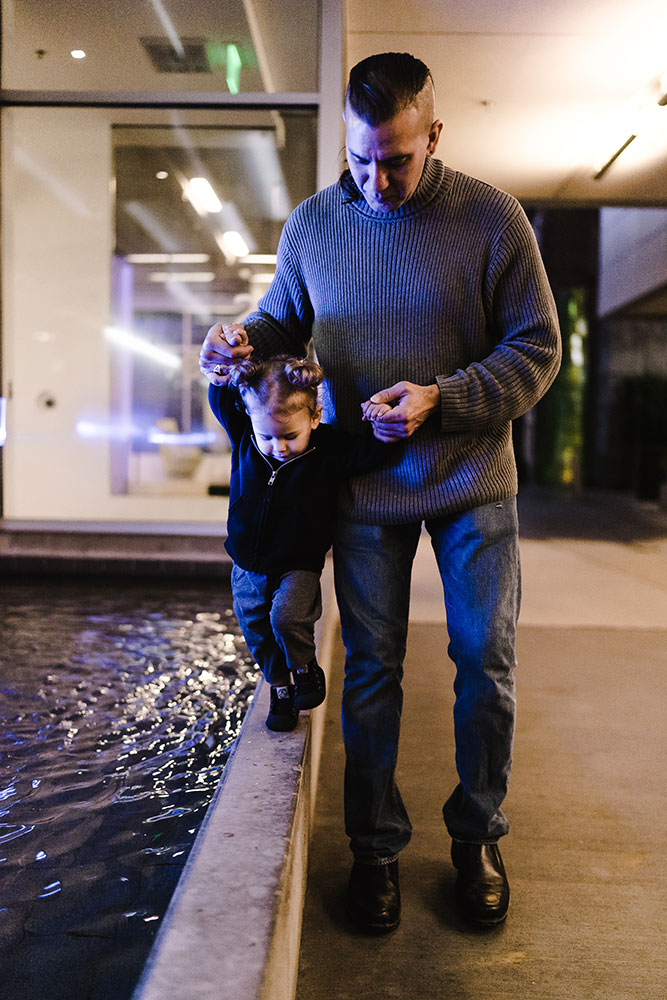Urban Indian Health Providers (IHPs)

Urban Indian Health programs provide outpatient services for American Indian/Alaska Native (AI/AN) people living in urban areas (over 70% of the total AI/AN population). These programs are operated by nonprofit organizations receiving funding from Indian Health Service (IHS), along with funding from other sources such as Medicaid and Medicare reimbursements, private insurance reimbursements, and private foundations.
The need for urban Indian health care grew as the urban Indian population increased due to government relocation programs starting in the 1950s. Cities began establishing urban Indian health services at the municipal level; the first IHS-supported Urban Indian Health Programs were established in 1972, in Minneapolis, Rapid City, and Seattle.
Despite the increasing majority of urban Indian people, since 1979, IHS funding for urban Indian health has remained only 1% of the annual IHS appropriation, with the majority of resources going to reservations and rural areas.
Urban Indian Health Clinics in the Northwest
The following three providers are available to urban AI/AN in the Pacific Northwest region. IHS maintains a list of organizations from other regions in the U.S. that have Title V Indian Health Care Improvement Act contracts with them.
NATIVE Project: The NATIVE Health Clinic of Spokane is an FQHC whose services include primary care, minor surgeries, diabetes management, laboratory testing, pharmacy, dental, adult behavioral health, and referrals to specialized health providers. The Spokane clinic is solely for medical care.
The Native American Rehabilitation Association of the Northwest (NARA) is an FQHC in Portland, Oregon that provides primary care and mental health services and substance abuse treatment to AI/AN people.
The Seattle Indian Health Board, (SIHB) is a 501(c)(3), Federally Qualified Health Center (FQHC) for Medicaid and Medicare services. It is a non-IHS facility, though it does contract with the IHS. The Seattle clinic provides health services such as primary care, dental care, mental health, and chemical dependency services, as well as community services such as elder programs, domestic violence support, and veteran family care. It also houses the Urban Indian Health Institute (UIHI), a research institute and the only one of 12 tribal epidemiology centers nationwide that focuses on urban Indian health.